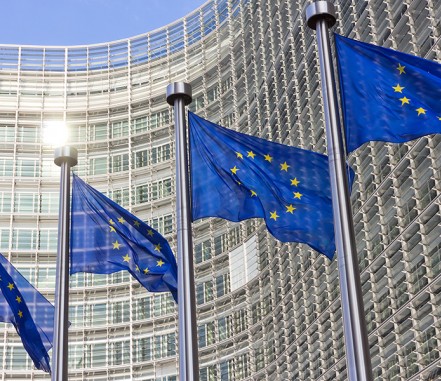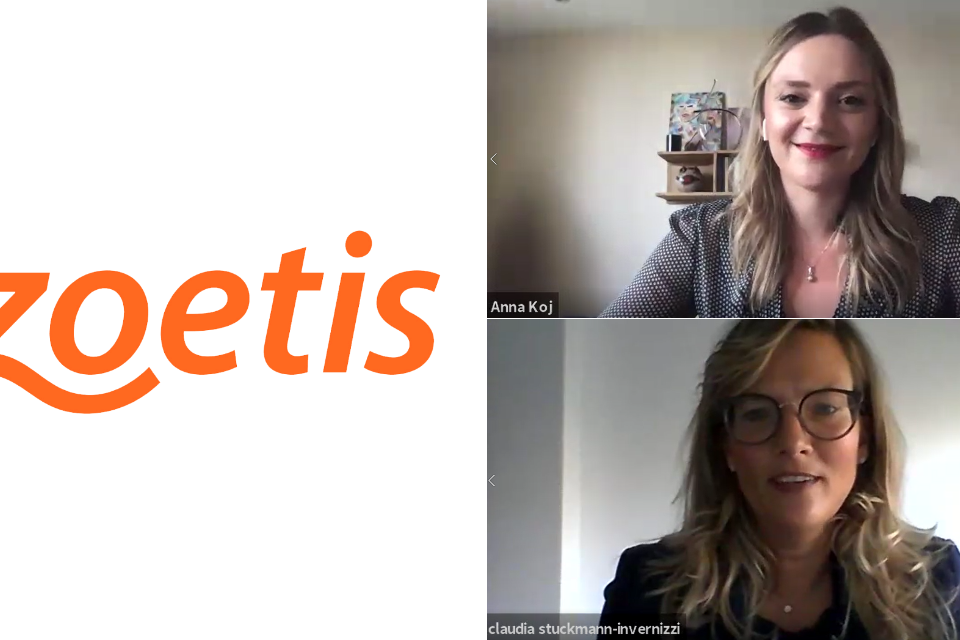Whether it is a gradual evolution around changing policy priorities, or a sharp response to unforeseen crises, the legislative agenda and the PA talent market are deeply interconnected. Mavens Sergey Golyshin and Sebastien Bechara explore how cycles in one affect the other, and how organisations have responded over recent years to changing needs and circumstances.
It is no mystery that the political agenda in Brussels, as in many capitals, works in cycles. While the nature of the EU is such that these policy cycles tend towards longer time horizons than is common at the national or local levels, they are integral to the focus of the institutions and European decisions all the same. Whether it is linked to the priorities and unique perspectives of the Presidency trios, Commission Presidencies, long-anticipated reviews and refits, or sudden shifts that swing the spotlight from one issue to another, there is a rhythm to the regulatory process.
While policy issues represent the broadest and most recognizable landmarks in this cycle – illustrated by political roadmaps, prominent headlines, themed conferences and symposia, and flurries of position papers and press releases – it is usually at the level of individual people that most concretely illustrate the dynamics of a changing ecosystem. Recent examples, notably the prominence (if not relative dominance) of policies related to the Single Market, digital policy, health, and sustainability, have illustrated how the shifting focus of priorities – whether driven organically or by sudden crisis – go far beyond the expected ebbs and flows of press buzz and committee activity to reshape how the public affairs industry as a whole reshuffles key players and individual experts in response to, or in anticipation of, macro cycles.
The last decade provides a number of prime examples, from the Digital Agenda for Europe through the rise of green policies and sustainability priorities, to the outbreak of the Covid-19 pandemic in early 2020, which disrupted and fundamentally altered the new legislative cycle begun by the May 2019 election to the European Parliament and investiture of the new European Commission leadership.
From 2014 to 2019, digital and ICT policies designed to make a more competitive and dynamic knowledge-based economy flourished under the Commission of Jean-Claude Juncker, reflecting the particular priorities of the political leadership of the time, the opportunity – or need – to review standing legislative frameworks, and global events which focused more attention on digital industries, transformation, and competition in new fields. As any public affairs professional can attest to, cybersecurity, data protection, copyright and online platforms were some of the most prominent buzzwords in policymaking at the time, with Digital packages demanding tech-savvy policy mavens across a wide range of organisations. While the increased demand for skilled practitioners and sectoral experts was most notable among EU-level trade associations and larger consultancies, the clear prioritisation of digital policies in the political agenda also had the effect of magnifying the visibility and relative weight of more issue-oriented or boutique actors. These individuals, who had long cultivated expertise and credibility on specific policies, were uniquely well poised to catch the wind when it blew their way. These experts were also particularly sought after among trade associations and consultancies, which – with more diverse external stakeholders, be they members or clients – had more at stake given their positioning as knowledge hubs and advocacy multipliers supporting other actors.
With the 2019 European elections and new political leadership, a new set of political priorities and strategic goals came to the fore in a way reminiscent of the rise of tech and digital policy: deliberately, and with communication and anticipation from both the public and private sectors.
In this way, in the year prior to the outbreak of Covid-19 the dominant issue in the public eye was the (re)evolution of the Single Market in a way that integrated sustainability and emissions reductions as key front-and-centre priorities. Industry, associations, NGOs and multilateral interests geared for a far reaching and transformative debate across horizontal policy issues thanks to a social and political zeitgeist that elevated sustainability as well as the clarity born of electoral platforms, committee hearings, and leadership changes. Recruiters and head-hunters saw a clear upswing in the number of environmentally focused roles and technical portfolios to be filled, not just in specialised or niche offices but as reinforcements for more cross-cutting agencies and interest groups who needed to bolster dedicated practices or support generalist functions. From the Circular Economy thought leaders to micro-plastics engineers and policy savvy chemists, the same wheel which turned to bring new policies to the fore brought new profiles and talent priorities to the complex international job market that surrounds European affairs. In this evolving climate, executives from across different types of organisations recognised the importance of resourcing to meet new political priorities in stride and prepare the groundwork to link their interests with those of the broader legislative train.
In contrast, when Covid-19 hit, a new class of public affairs superstar came into being almost overnight: those with strong health policy credentials and the skills and network to hold steady during crisis. The pivot was as sharp as the post-election transition had been gradual, with talent markets suddenly scoured for support that could help defend vital interests in the face of widespread uncertainty and confusion as the public affairs ecosystem migrated from traditional channels to virtual platforms and remote engagement. While highly qualified mavens with environmental and political science backgrounds continued to be sought after throughout the crisis – a justified decision, with sustainability re-emerging as a legislative priority as the immediacy of the pandemic subsides – the career landscape had become highly reactive in response to the shock of Covid, in direct opposition to the more organic and proactive nature of hiring trends around the European elections in the year before.
In part a consequence of the exceptional nature of the pandemic, but in part a reflection of the way policy and personnel cycles work during “normal” times, every issue and every interest found their own concerns and priorities refracted through a widely shared lens – first sustainability, and then healthcare. As can be expected with so many actors, agents, and interests present around the EU institutions, the Brussels ecosystem responds dynamically to these cycles, and the momentum of legislative activity from one agenda to the next carries over into the many associations, agencies, representations, and other advocacy groups which seek to adapt their approach to the priorities of decisions makers or find a way ahead of the curve to position themselves elsewhere down the line.
Sergey Golyshin & Sebastien Bechara


